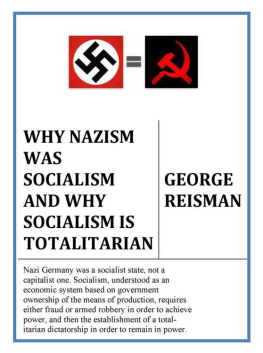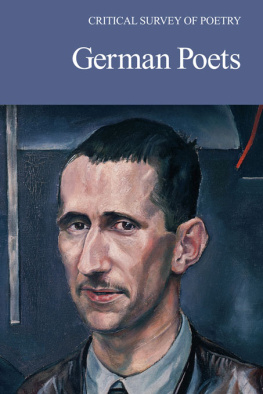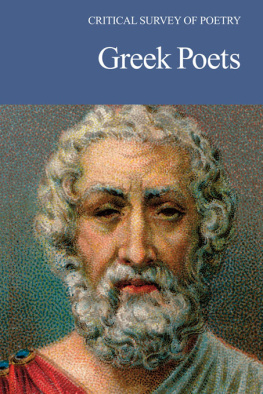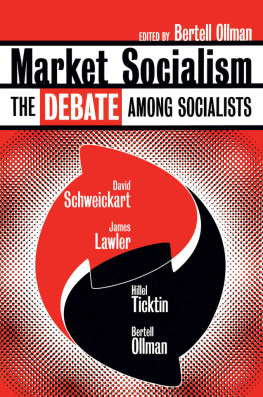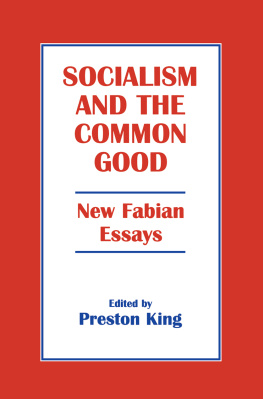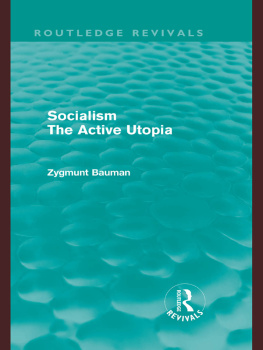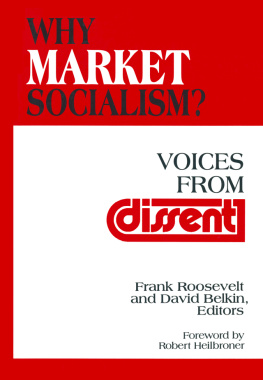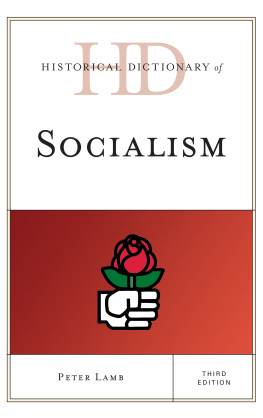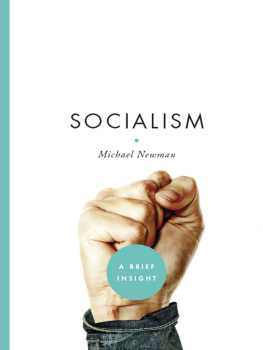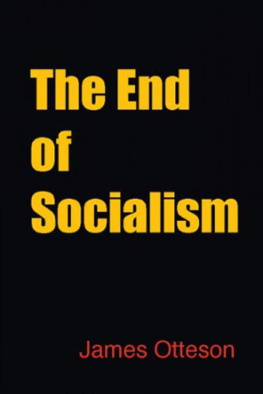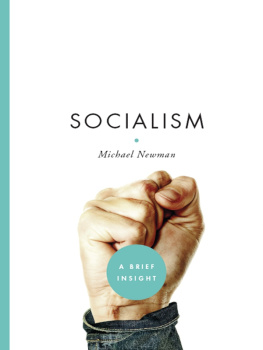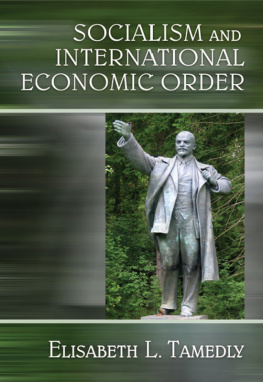GeorgeReisman, Ph.D., is Pepperdine University Professor Emeritus of Economics andthe author of Capitalism: A Treatise on Economics (Ottawa, Illinois:Jameson Books, 1996; Kindle Edition , 2012), The Government Against theEconomy, and other titles. See his Amazon.com authors page .His website is www.capitalism.net .His blog is www.georgereismansblog.blogspot.com .Follow him on Twitter at GGReisman.
POBox 2934, Laguna Hills, CA 92654.
Copyright 2005, 2014 2 by George Reisman, All rights reserved.
Allinquiries should be addressed to TJS Books, PO Box 2934, Laguna Hills, CA92654-2934 or to TJS.Books@capitalism.net. Phone: (877)-843-3573. Fax:(949)-831-1783
WHY NAZISM WAS SOCIALISM AND WHYSOCIALISM IS TOTALITARIAN
Thisessay was originally delivered as a lecture at the Ludwig von Mises InstitutesThe Economics of Fascism, Supporters Summit 2005. It includes excerpts frommy book Capitalism: A Treatise on Economics. The present version hasbeen slightly edited and abridged. For a complete discussion of the materialpresented here, see chapters 6-8 of Capitalism.
Mypurpose today is to make just two main points: To show why Nazi Germany was asocialist state, not a capitalist one. And to show why socialism, understood asan economic system based on government ownership of the means of production,requires a totalitarian dictatorship in order to remain in power.
Theidentification of Nazi Germany as a socialist state was one of the many greatcontributions of Ludwig von Mises.
Whenone remembers that the word Nazi was an abbreviation for der NationalsozialistischeDeutsche Arbeiters Parteiin English translation: the National SocialistGerman Workers PartyMisess identification might not appear all thatnoteworthy. For what should one expect the economic system of a country ruledby a party with socialist in its name to be but socialism?
Nevertheless,apart from Mises and his readers, practically no one thinks of Nazi Germany asa socialist state. It is far more common to believe that it represented a formof capitalism, which is what the Communists and all other Marxists haveclaimed.
Thebasis of the claim that Nazi Germany was capitalist was the fact that mostindustries in Nazi Germany appeared to be left in private hands.
WhatMises identified was that private ownership of the means of production existed inname only under the Nazis and that the actual substance of ownership of themeans of production resided in the German government. For it was the Germangovernment and not the nominal private owners that exercised all of the substantivepowers of ownership: it, not the nominal private owners, decided what wasto be produced, in what quantity, by what methods, and to whom it was to bedistributed, as well as what prices would be charged and what wages would bepaid, and what dividends or other income the nominal private owners would bepermitted to receive. The position of the alleged private owners, Mises showed,was reduced essentially to that of government pensioners.
Defacto government ownership of the means of production, as Mises termedit, was logically implied by such fundamental collectivist principles embracedby the Nazis as that the common good comes before the private good and theindividual exists as a means to the ends of the State. If the individual is ameans to the ends of the State, so too, of course, is his property. Just as heis owned by the State, his property is also owned by the State.
Butwhat specifically established de facto socialism in Nazi Germany was theintroduction of price and wage controls in 1936. These were imposed in responseto the inflation of the money supply carried out by the regime from the time ofits coming to power in early 1933. The Nazi regime inflated the money supply asthe means of financing the vast increase in government spending required by itsprograms of public works, subsidies, and rearmament. The price and wagecontrols were imposed in response to the rise in prices that began to resultfrom the inflation.
Theeffect of the combination of inflation and price and wage controls is shortages,that is, a situation in which the quantities of goods people attempt to buyexceed the quantities available for sale.
Shortages,in turn, result in economic chaos. Its not only that consumers who show up instores early in the day are in a position to buy up all the stocks of goods andleave customers who arrive later, with nothinga situation to which governmentstypically respond by imposing rationing. Shortages result in chaosthroughout the economic system. They introduce randomness in thedistribution of supplies between geographical areas, in the allocation of afactor of production among its different products, in the allocation of laborand capital among the different branches of the economic system.
In theface of the combination of price controls and shortages, the effect of adecrease in the supply of an item is not, as it would be in a free market, toraise its price and increase its profitability, thereby operating to stop thedecrease in supply, or reverse it if it has gone too far. Price controlprohibits the rise in price and thus the increase in profitability. At the sametime, the shortages caused by price controls prevent increases in supply fromreducing price and profitability. When there is a shortage, the effect of anincrease in supply is merely a reduction in the severity of the shortage. Onlywhen the shortage is totally eliminated does an increase in supply necessitatea decrease in price and bring about a decrease in profitability.
As aresult, the combination of price controls and shortages makes possible randommovements of supply without any effect on price and profitability. In thissituation, the production of the most trivial and unimportant goods, even petrocks, can be expanded at the expense of the production of the most urgentlyneeded and important goods, such as life-saving medicines, with no effect onthe price or profitability of either good. Price controls would prevent theproduction of the medicines from becoming more profitable as their supplydecreased, while a shortage even of pet rocks prevented their production frombecoming less profitable as their supply increased.
AsMises showed, to cope with such unintended effects of its price controls, thegovernment must either abolish the price controls or add further measures,namely, precisely the controls over what is produced, in what quantity, by whatmethods, and to whom it is distributed, which I referred to earlier. Thecombination of price controls with this further set of controls constitutes thede facto socialization of the economic system. For it means that thegovernment then exercises all of the substantive powers of ownership.
Thiswas the socialism instituted by the Nazis. And Mises calls it socialism on theGerman or Nazi pattern, in contrast to the more obvious socialism of theSoviets, which he calls socialism on the Russian or Bolshevik pattern.
Ofcourse, socialism does not end the chaos caused by the destruction of the pricesystem. It perpetuates it. And if it is introduced without the prior existenceof price controls, its effect is to inaugurate that very chaos. This is becausesocialism is not actually a positive economic system. It is merely the negationof capitalism and its price system. As such, the essential nature of socialismis one and the same as the economic chaos resulting from the destruction of theprice system by price and wage controls. (I want to point out thatBolshevik-style socialisms imposition of a system of production quotas, with incentiveseverywhere to exceed the quotas, is a sure formula for universal shortages,just as exist under all around price and wage controls.)

